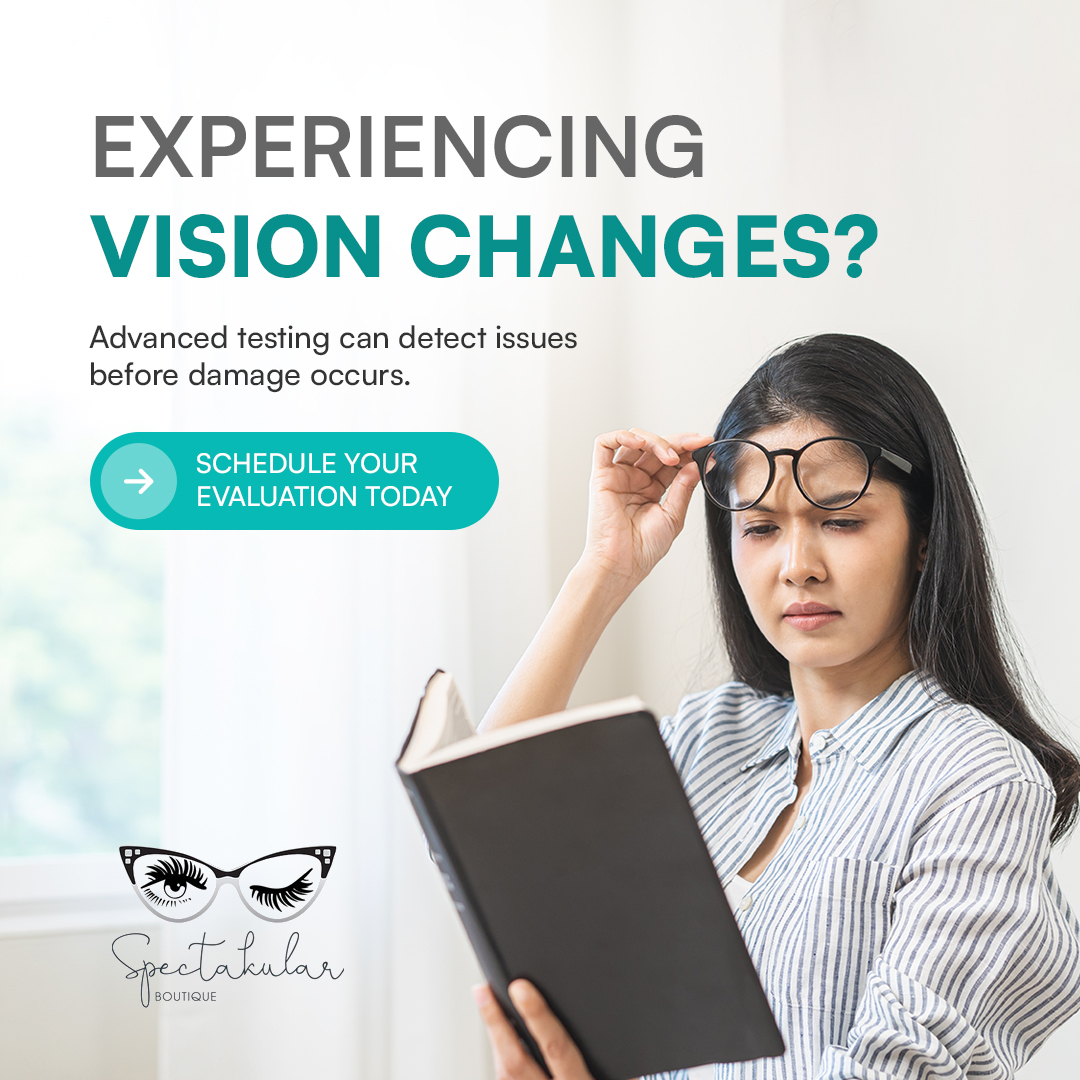In our practice, we see a lot of patients in their 60s, 70s, and 80s. Of the eye problems and diseases this age group faces—including glaucoma, macular degeneration, diabetic eye disease, and other inoperable conditions—cataracts are the one eye condition that can be significantly improved. Cataract correction is a common procedure that restores the patient’s vision with minimal downtime.
If you are a patient with cataracts, we are monitoring their progression. We will determine when it’s the right time for you to schedule your cataract correction procedure. Meanwhile, you are probably noticing changes in your vision. The vision becomes blurred, clouded, and yellowed. You may see halos around lights at night and feel uncomfortable driving at night due to reduced vision.
When these vision changes impact your lifestyle, it’s time for us to discuss when you should schedule your cataract correction. The procedure has a remarkable 95–98% success rate, and most of the patients we see post-procedure are very happy with the results.
Here are a few of the comments patients make after they’ve had the benefit of cataract correction:
I wish I’d done it sooner.
Because of advances in medical technology, it’s no longer critical for a cataract to achieve “maturity” before cataract correction. When you notice the vision impairment that cataracts cause and are ready to have your cataracts corrected, discuss it with your optometrist. Don’t wait any longer than you have to before enjoying clear vision again.It was blurry for a day or two, but now I can see every leaf on the trees!
Healing time varies for each individual patient, but most notice a significant difference within a couple of days. And, vision continues to improve over the days and weeks as they heal after cataract correction. Cataracts form slowly, often over multiple years. Because of this, vision is impaired slowly and incrementally as cataracts develop. Most people don’t notice the changes in their vision until it becomes a problem. However, when that clouded lens is replaced with a clear lens, the difference in vision quality is striking. One patient told us, “I didn’t even notice that I couldn’t see the individual leaves on the trees anymore—until after my procedure when I could see every individual leaf again. It’s amazing!”I feel like a kid seeing things for the first time again.
Another patient compared his experience to being a kid again: “The year after my cataract correction, it felt like everything I did was another ‘first’ in my life: The first time I saw the ocean and beach through clear eyes again. The first time I looked into my grandchild’s eyes. The first time I played golf and could see the ball land (not where I wanted it to go, but at least I could see it!).”Colors look bright and vibrant again.
When the natural lens in your eye becomes clouded and yellowed, it impacts your color vision and contrast vision. Colors begin to take on a yellowish tint, so that white looks like cream and red seems to be maroon. When that yellow veil is removed and replaced with a clear lens, color vision returns. As one patient explained, “We have a white and red striped sofa, which for years looked cream and maroon to me. After my cataract correction, it looked like we had cleaned the white stripes of that sofa with bleach—it was bright white. Not cream. White! And the actual red color of the other stripe was so much lighter than the maroon I had been perceiving. It is incredible to see so many rich, vibrant colors again!”I can drive at night!
One of the first effects cataracts have on vision is a reduced ability to see well at night. Contrast vision is impaired, and the cataract diffuses the light entering the eye, making halos appear around streetlights and oncoming headlights. This often leads patients to stop driving at night out of safety concerns. However, after cataract correction, patients are delighted that they can see well at night and are comfortable driving in the dark again.I feel like I’m getting a second chance at life.
When you experience the effects of cataracts on vision, it can feel like your life is getting smaller. Maybe you can’t see to read as well as you once could. Maybe you can’t play tennis or golf. Maybe you can’t thread a needle or play games with your grandchild. But after your cataract correction procedure, you can do all of those things and more—with youthful vision restored, it’s as if you’ve been given a second chance at life. Enjoy every moment of it!I’m telling all of my friends how great this is.
Patients who are enjoying the benefits of clear vision after cataract correction want to shout it from the rooftops. The change in their vision—from dull and cloudy to sharp and clear—happens literally overnight. It’s so remarkable that they tell all of their friends how great it is. We often see pre-procedure cataract patients who tell us that a close friend or relative recently had a cataract correction procedure, and so they are curious whether that same procedure might restore their ability to see well. If the problem with their vision is caused by a cataract, the answer is likely, “Yes!”
If you are experiencing cataract vision symptoms, including blurry, yellowed vision and difficulty seeing or driving at night, make an appointment to discuss your options for cataract correction with your optometrist. You may soon be one of our post-procedure patients sharing your positive experience with others and enjoying a second chance at seeing how beautiful life can be!






